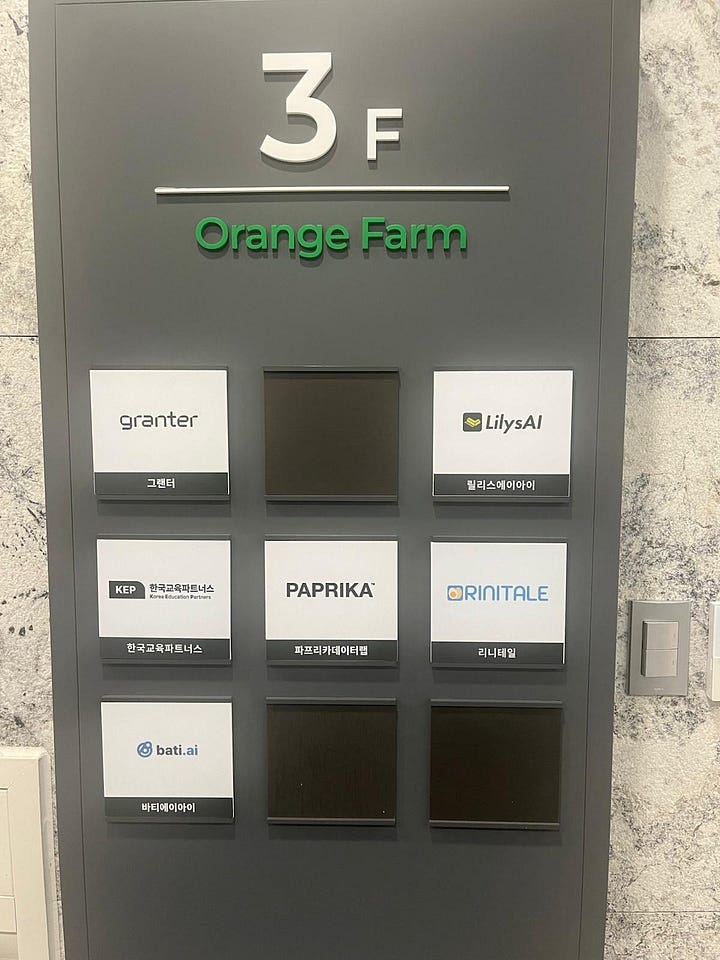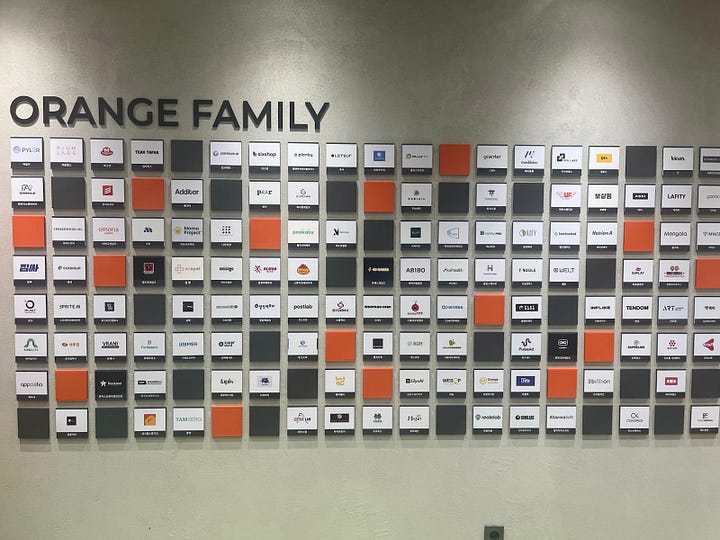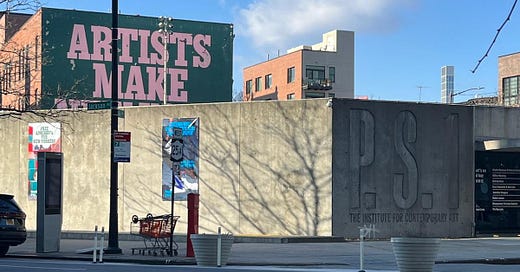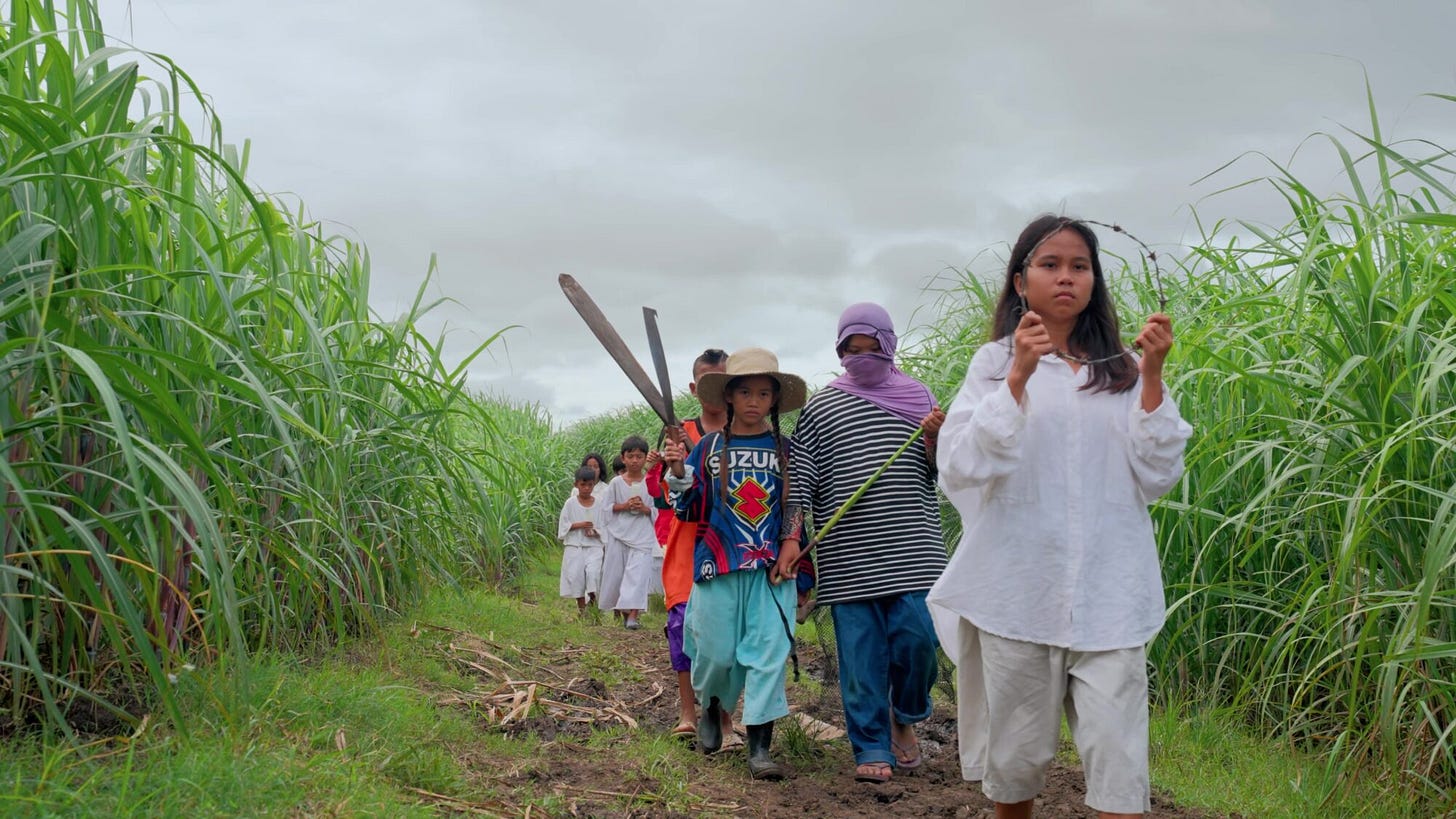Some places never fully leave you. Not as photographs or souvenirs, but as something deeper—an echo, a resonance, a quiet pull you can’t explain.
I’ve been in NYC for a while now, still adjusting, still trying to make sense of the layers of history here. There’s a saying in Korean: “제 발이 저린다.” It means “Your own feet tingle”—when a place or moment reminds you of something unfinished. Standing in MoMA PS1, I suddenly felt how much the Philippines had shaped me. Enzo Camacho and Ami Lien’s work wasn’t just about history—it showed how places never truly let go of those who pass through them.
One piece explored the sugar plantations of Negros, another the Escalante Massacre of 1985—fragments of history that linger. Even if you weren’t there, you can still feel their echoes. The Philippines felt like that to me—not just a place, but a collection of stories that stay with you.
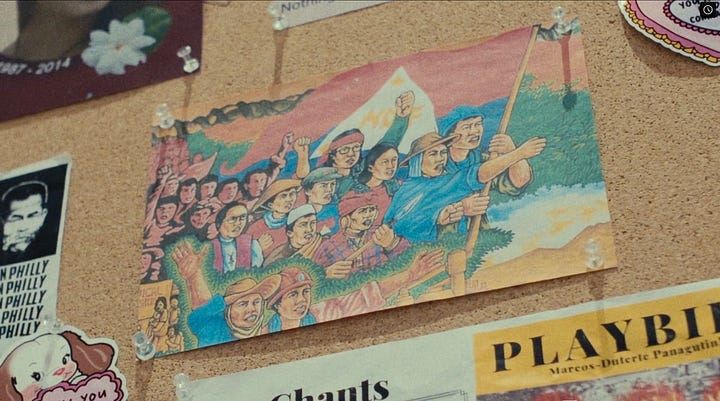

Balikbayan, or the Things We Carry Back
In Filipino culture, Balikbayan refers to those who return home after time abroad. They return with Balikbayan boxes—suitcases filled with gifts, proof they’ve been away but haven’t forgotten.
But watching Camacho and Lien’s work, I wondered: What if Balikbayan isn’t just about returning to where you were born? What if it’s about returning to the places that made you who you are?
That’s when I remembered my own time in the Philippines—the taste of pandesal and pancit kanton in the morning, the hum of Jeepneys at dawn. I remember getting lost, wandering unfamiliar streets, feeling the quiet certainty that I’d find my way back. That the city, in its own way, was holding me.
And suddenly, I understood: Balikbayan isn’t just about returning—it’s about the places that never let you go.
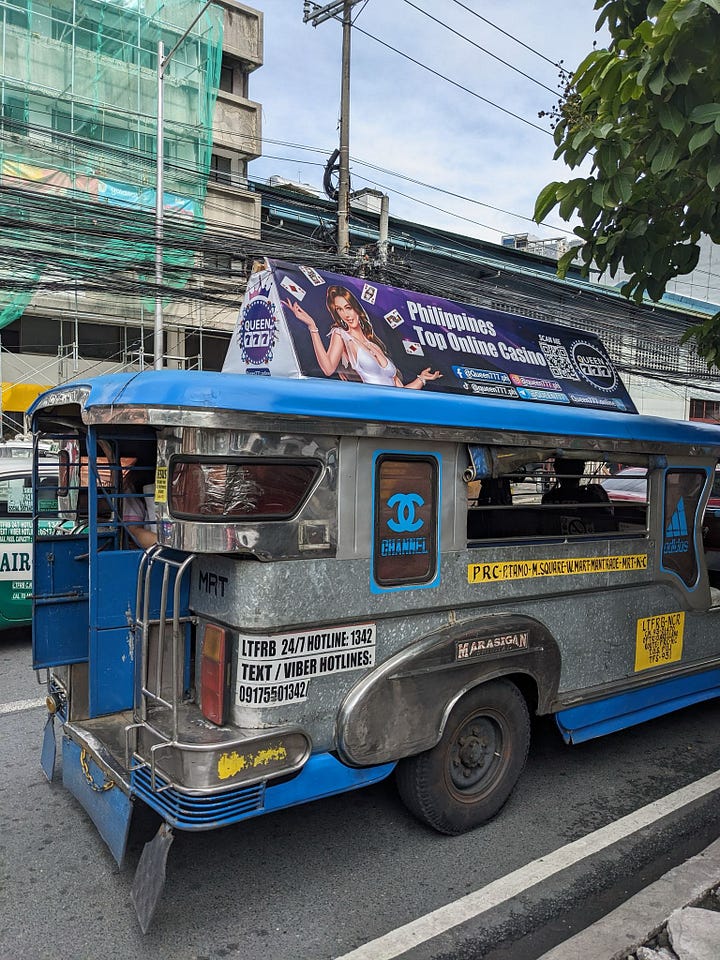

The Wrong Path Creates the Map
Jessica Lee’s journey reminded me of this. She once said, "The happiest moment of my life was when I was in the Philippines… without those experiences, the me of now would not exist at all." Her words stuck with me—the idea that a place you weren’t born in could shape you just as profoundly as the one you came from.
She trained to be a K-pop idol, but instead of continuing, she walked away. She chose something entirely her own—documenting Filipino life as an outsider-insider, embedding herself in the everyday, capturing the beauty of the mundane.
Although I’m not Filipino, I could relate to Jessica’s journey in a way that surprised me. She isn’t Filipino either—she doesn’t have Filipino family, no direct ties that would typically anchor someone to a culture. And yet, she found a home there. Not in a way that replaces her Korean identity, but in a way that expands it. Watching her, I realized that sometimes, home isn’t inherited—it’s built, moment by moment, place by place.
Her TRABAHO series is the perfect example of this. Trabaho means 'work' in Filipino, and through this series, Jessica fully immerses herself in everyday jobs to understand the lives of ordinary Filipinos.
She films herself working Filipino jobs—learning the rhythm of Jeepney driving (YouTube). I used to commute by Jeepney every day to my call center job, where early morning rides and fluorescent-lit offices became routine. Watching Jessica step into this call center, aka BPO, world (YouTube) brought back my own nights blurred into daylight.
It reminded me what it felt like to truly live in the Philippines—not just observe, but belong. As she put it, “The Philippines is really now a home for me.” It wasn’t about heritage or family ties, but the life she built, the connections she formed, and the deep sense of belonging she felt. The way people find joy in the everyday. The way life keeps moving, resilient and full, regardless of where you thought you’d end up.
Jessica didn’t plan to return to the Philippines—but in a way, she had to lose her old map in order to draw a new one.
Listening to the Places That Shape Us
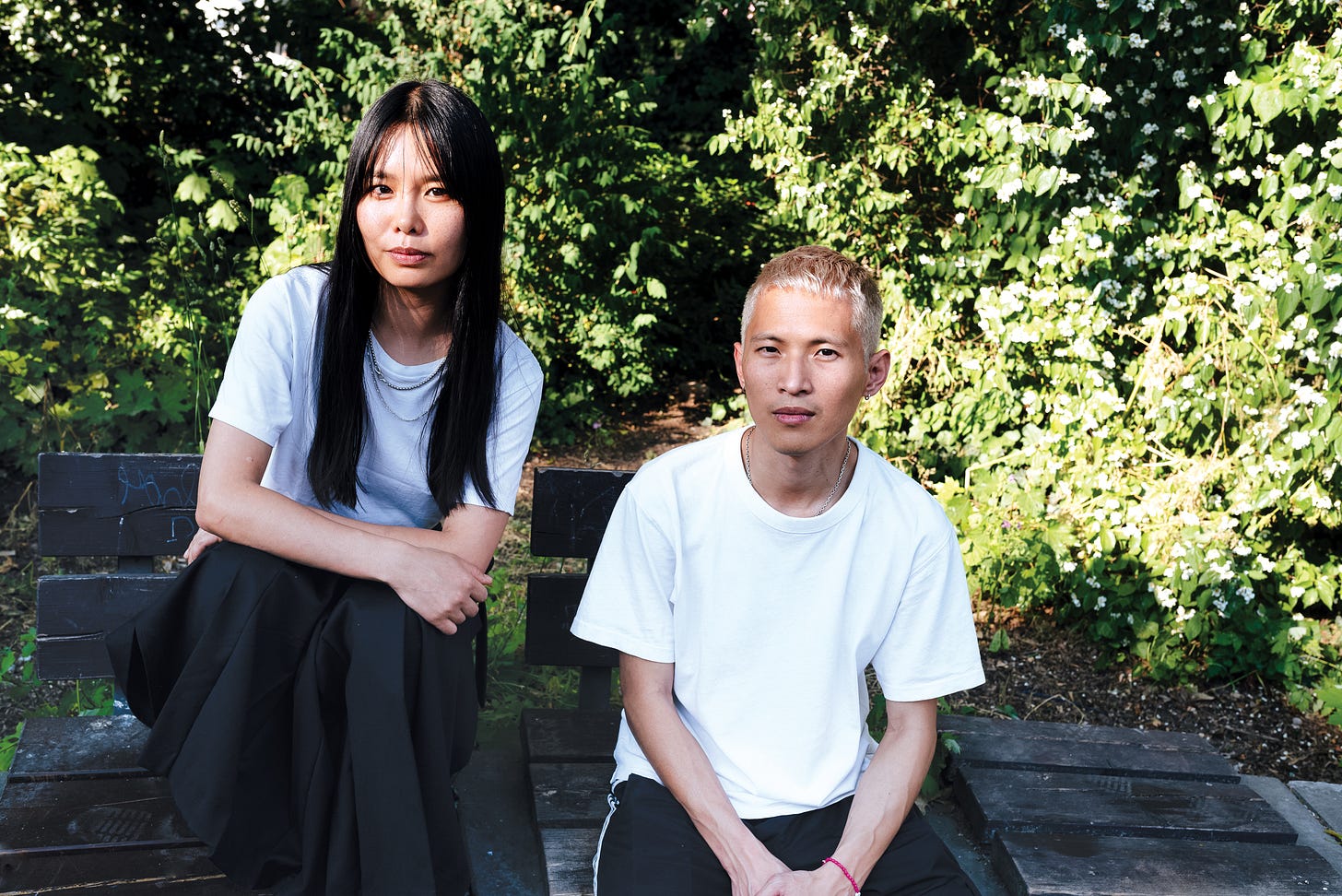
Camacho and Lien talk about critical listening—paying attention to the layers of history, the way places hold onto things, the way people carry traces of where they’ve been. Jessica listened. In my own way, so have I.
That same day at MoMA PS1, I came across a glowing elephant light in one of the installations. It caught my eye, and for some reason, I couldn’t look away. It reminded me of a phrase: “어둠 속에서도 코끼리는 길을 기억한다.” Even in the darkness, the elephant remembers the way. Some places stay with us like that, guiding us back, even when we don’t realize it.
Most people assume that home is a fixed point. That you’re either from somewhere or you’re not. But maybe home is a frequency, something we tune into. A feeling of alignment. The places we return to—not just in body, but in thought and longing, in the quiet pull that never fully fades.
Rather than a fixed destination, 길 (Gil) in Korean represents the road itself—the act of moving forward, even when you don’t know exactly where it leads. Jessica Lee’s path took her away from what she thought she wanted, only to bring her back to the Philippines. My own journey unfolded in ways I never planned, shaping me all the same. Maybe home isn’t a place we arrive at, but the road we keep walking, over and over again.
If I met my old friends in a completely different country, could I still call that Balikbayan? Maybe.
Maybe Balikbayan isn’t about geography, but gravity—the silent pull of places we never truly leave, even when we go.
P.S.: Props to Lilys.ai—super helpful for pulling transcripts of Jessica’s interview and helping me put this into words. Fun fact: I actually first came across Lily’s when I used to commute to Orange Planet in Seoul last year. Would love to meet the team in person someday.
